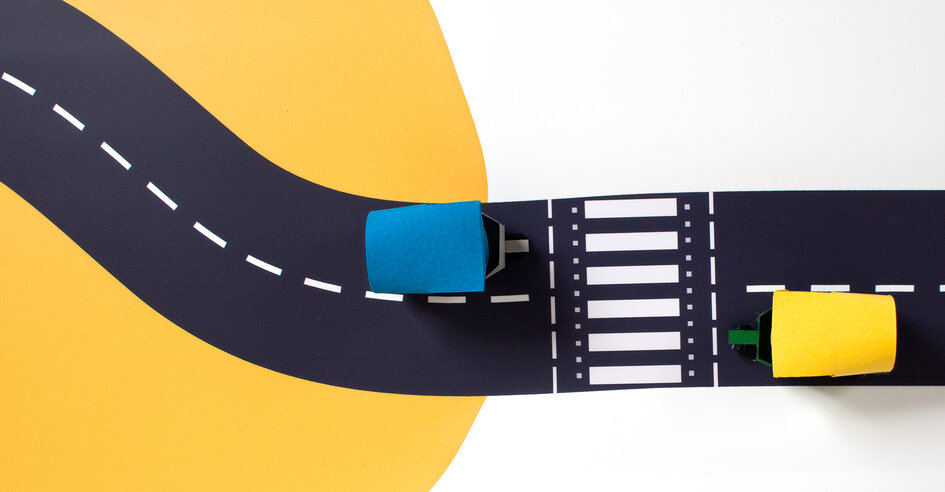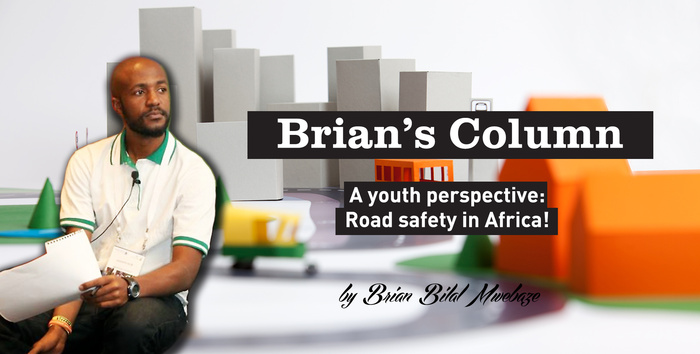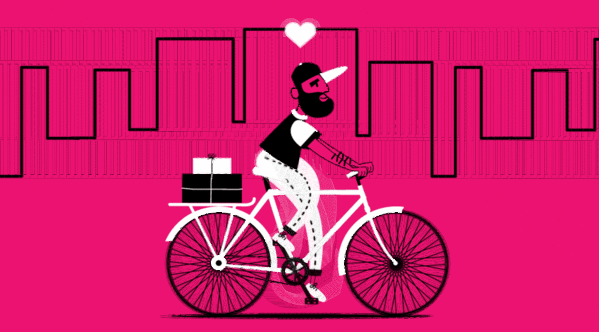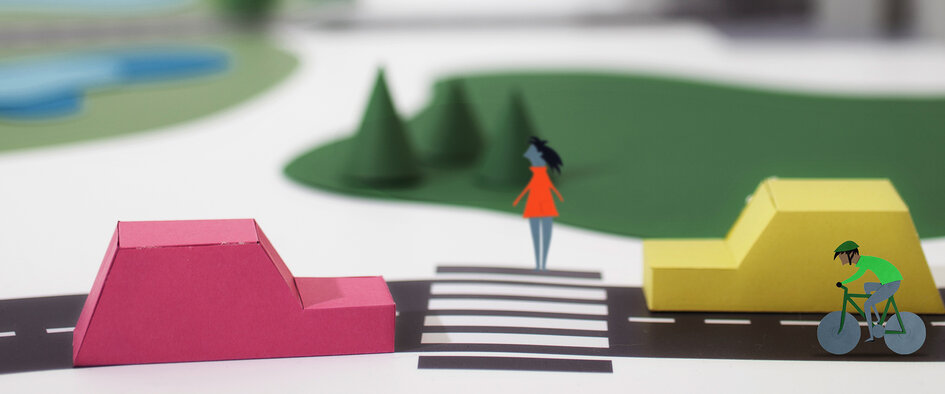
Training with young humanitarians from Port Elizabeth kicks off in July
From 15-19th July 2019, we will be joining partners in Eastern Cape of South Africa to deliver an empowerment training with young humanitarians in Port Elizabeth. 15 young people, selected from the South African Red Cross Society will be trained as Young Ambassadors in the region who will go on to run workshops and campaigns with university students and the Nelson Mandela University in Port Elizabeth.

The project is a follow on from the 2 year programme run with Young South Ambassadors in the Limpopo District. This year, the project extends to Port Elizabeth on the Eastern Cape of the country. The programme is a joint initiative of the Global Road Safety Partnership South Africa (GRSP ZA), The South African Red Cross Society (SARCS), The South Africa Department for Transport, YOURS and funded by the Michelin Corporate Foundation.

South Africa approached SARCS National Office with the concept of introducing a road safety project partnership with the Red Cross. It was recommended by National Office that the project be implemented in the Eastern Cape Province, particularly in Port Elizabeth.
It was decided that the project would be based at the Nelson Mandela University campus and members of the NMU’s Red Cross chapter would be trained as Road Safety Ambassadors to implement awareness and support campaigns to increase road safety awareness.
15 Road Safety Ambassadors, under the leadership of the Red Cross EC Provincial Youth Coordinator, Mr S Veto will be required to conduct campaigns as well as provide support group structures to new drivers as well as those applying for driver’s licenses.

15 Ambassadors from the South African Red Cross Society will join the training.
The training kicking off next month on the 15th July has the following objectives:
By the end of the training, Ambassadors will be able to:
- Explain the road safety crisis facing young people globally and in their country and describe what factors put youth at risk.
- Identify the key risk factors in road safety; distracted driving, drink and drug driving and seatbelts.
- Demonstrate methods of influencing young people to develop a road safety culture in their communities; through peer education and campaigning..
- Develop the essential skills to be a strong road safety ambassador; presentation skills, communication skills, creative messaging and action planning.
See a video from our First Youth Ambassadors training in South Africa:
The group will focus on a range of topics through an interactive, brainfriendy and dynamic training. Topics to be covered include:
 Road Safety:
Road Safety:
- Scope of the Road Safety Problem: In the world and South Africa
- Youth and Road Traffic Injuries
- Distracted Driving
- Drink and Drug Driving
- Non-Use of Seatbelts
Skills Based Training:
- Facilitation Skills
- Presentation Skills
- Peer Education
- Communication Skills
- Spreading a Road Safety Message
- Action Planning
You will be able to keep up-to-date about the workshop online by



 The commonest way is to grab an airport taxi. This is equivalent to being driven to the airport by a friend (or whatever you prefer to call him/her). We all know how this will go, as you will be chillaxing in a traffic jam for more time than you will be on that plane. It won’t be long before you begin to curse your gods.
The commonest way is to grab an airport taxi. This is equivalent to being driven to the airport by a friend (or whatever you prefer to call him/her). We all know how this will go, as you will be chillaxing in a traffic jam for more time than you will be on that plane. It won’t be long before you begin to curse your gods. The second best alternative, take public transport? A suicidal mission? Maybe! Many will agree for its sheer consistency in delays most often making unsolicited stopovers literally anything and everywhere: from dropping a passenger 100m from where they were picked to someone wanting to buy a fruit from the hawker et.al. Mind you, this bus or whatever it is, shall stop 5+km away from the airport. You can (almost) be guaranteed to arrive too early for your next probable flight.
The second best alternative, take public transport? A suicidal mission? Maybe! Many will agree for its sheer consistency in delays most often making unsolicited stopovers literally anything and everywhere: from dropping a passenger 100m from where they were picked to someone wanting to buy a fruit from the hawker et.al. Mind you, this bus or whatever it is, shall stop 5+km away from the airport. You can (almost) be guaranteed to arrive too early for your next probable flight. The third option, let’s explore them, shall we? Consider Commercial Motorcycle Service. There has been growth spurts in this line of business, with innovations from Safeboda, Uber helping to connect the customer and the biker through a tap on the phone.
The third option, let’s explore them, shall we? Consider Commercial Motorcycle Service. There has been growth spurts in this line of business, with innovations from Safeboda, Uber helping to connect the customer and the biker through a tap on the phone. Fourth option, bike your way to the airport. Possible time saving, environment, health and energy benefits. The weak clammy grip of hope doesn’t lie. Truth is, you can’t bike to most airports. Designated places for parking are inexistent in addition to the many challenges stated already for 2 wheeled vehicles.
Fourth option, bike your way to the airport. Possible time saving, environment, health and energy benefits. The weak clammy grip of hope doesn’t lie. Truth is, you can’t bike to most airports. Designated places for parking are inexistent in addition to the many challenges stated already for 2 wheeled vehicles.
 Overview of the programme
Overview of the programme

 Alex Ayub
Alex Ayub Daniel Cano
Daniel Cano Jacob Smith
Jacob Smith Shantel Jacobs
Shantel Jacobs Minh Vo
Minh Vo Rafaela Machado, Star Rating for Schools Global Coordinator said, “As SR4S Lead Partner, YOURS has been playing a valuable role in the development of Star Rating for Schools Programme, helping to shape the programme to the needs of partners and users around the world. We are very excited with the launch of the Youth Stars programme and its potential to help communities all over the world to create safer school environments. The Master Trainers are enthusiastic road safety champions that will certainly achieve great results empowering communities in demanding safer roads through evidence-based approaches, at the same time that will contribute to the continuous enhancement of the SR4S system”.
Rafaela Machado, Star Rating for Schools Global Coordinator said, “As SR4S Lead Partner, YOURS has been playing a valuable role in the development of Star Rating for Schools Programme, helping to shape the programme to the needs of partners and users around the world. We are very excited with the launch of the Youth Stars programme and its potential to help communities all over the world to create safer school environments. The Master Trainers are enthusiastic road safety champions that will certainly achieve great results empowering communities in demanding safer roads through evidence-based approaches, at the same time that will contribute to the continuous enhancement of the SR4S system”.
 “As long as people don’t feel safe walking and cycling in our towns and cities, many will be discouraged from using the most sustainable modes of transport. This can create a vicious circle because people who take the car instead put all the vulnerable road users around them at greater risk.
“As long as people don’t feel safe walking and cycling in our towns and cities, many will be discouraged from using the most sustainable modes of transport. This can create a vicious circle because people who take the car instead put all the vulnerable road users around them at greater risk.






